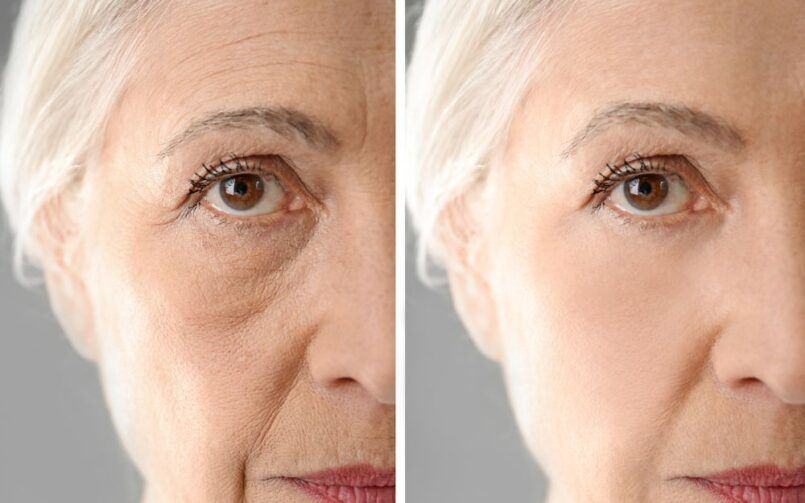
2 min to read
Jan 10, 2024
425
Sculpt Body Shaping refers to a range of non-invasive cosmetic procedures and fitness techniques designed to alter the body's appearance, targeting fat reduction, muscle enhancement, and skin tightening.

Breast cancer is a formidable adversary, but it doesn’t always necessitate immediate surgery. In recent years, alternative and complementary treatments have gained prominence as viable options for managing breast cancer. While these methods may not replace traditional medical interventions entirely, they can significantly enhance the quality of life for patients. In this article, we explore evidence-based approaches to managing breast cancer without surgery.
Before we delve into specific treatments, let’s clarify what we mean by alternative and integrative medicine:
Alternative Medicine: These are methods that fall outside the conventional medical framework. They include vitamins, herbs, special diets, acupuncture, massage, and more. Alternative treatments are used instead of standard medical care.
Integrative Medicine: This approach combines evidence-based alternative treatments with standard medical treatments. It aims to address symptoms and improve overall well-being.
While alternative treatments may not directly cure cancer, they can significantly alleviate symptoms associated with breast cancer and its treatments. Here are some evidence-based approaches:
Acupuncture: During acupuncture, tiny needles are inserted into specific points on the skin. Studies show that acupuncture can help relieve chemotherapy-induced nausea and certain types of cancer-related pain. Ensure you consult a licensed practitioner for safe treatment.
Hypnosis: Hypnotherapy can reduce anxiety and stress, which are common among cancer patients. It won’t cure cancer, but it can enhance your emotional well-being.
Massage: Regular massages can ease fatigue and promote relaxation. They won’t replace surgery, but they can complement your treatment plan.
Music Therapy: Listening to soothing music can alleviate stress and improve sleep quality.
Yoga and Relaxation Techniques: Yoga helps manage stress, enhances flexibility, and promotes overall wellness.
Beyond specific treatments, lifestyle changes play a crucial role in managing breast cancer:
Nutrition: Focus on a balanced diet rich in fruits, vegetables, and whole grains. Limit sugar and dairy intake. Antioxidant-rich foods can support your immune system.
Exercise: Regular physical activity boosts immunity, reduces stress, and improves overall health. Aim for brisk walks, gentle yoga, or swimming.
Sunshine and Fresh Air: Spending time outdoors, especially in natural sunlight, positively impacts mood and overall health.
Stress Management: Practice mindfulness, meditation, or deep breathing exercises to manage stress.
In some cases, surgery may not be feasible due to health constraints. Here are alternative approaches:
Hormone Therapy: If surgery isn’t possible, hormone therapy can be an effective standalone treatment for certain breast cancers.
Chemotherapy: Recent studies suggest that some patients who respond well to chemotherapy may proceed without surgery. While this isn’t yet standard practice, it offers hope for the future.
Remember that alternative and integrative treatments should complement, not replace, standard medical care. Always discuss your options with your healthcare provider. They can guide you toward the right balance, ensuring your well-being throughout your breast cancer journey.
Breast cancer management is a multifaceted endeavor, and each patient’s experience is unique. By combining evidence-based treatments with lifestyle modifications, you can empower yourself in the fight against breast cancer.

2 min to read
Jan 10, 2024
425

2 min to read
Jan 8, 2024
400

2 min to read
Dec 23, 2023
460

2 min to read
Dec 16, 2023
447

2 min to read
Dec 9, 2023
463

2 min to read
Dec 6, 2023
472
